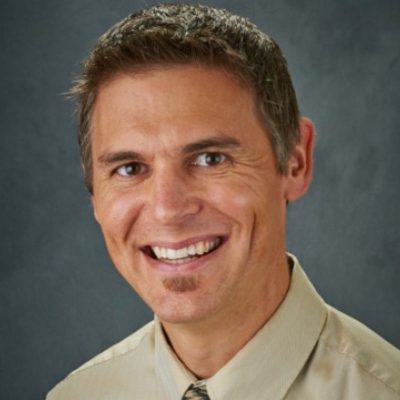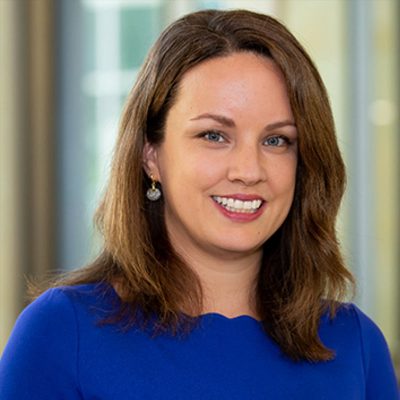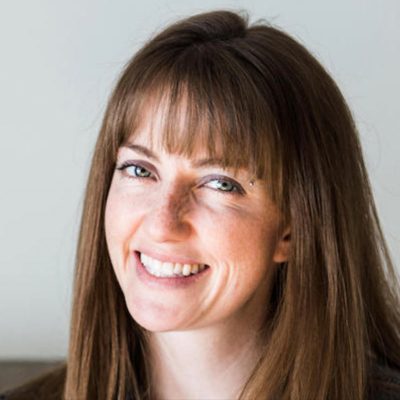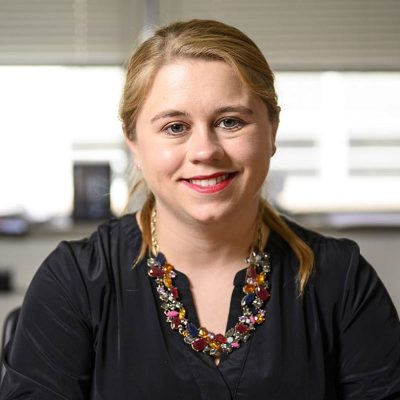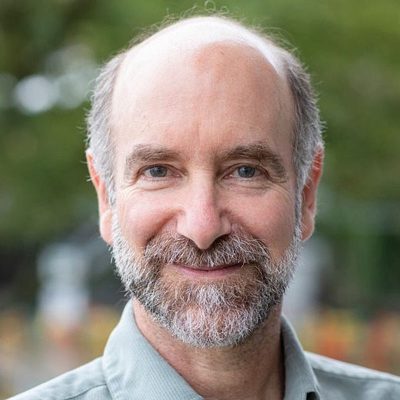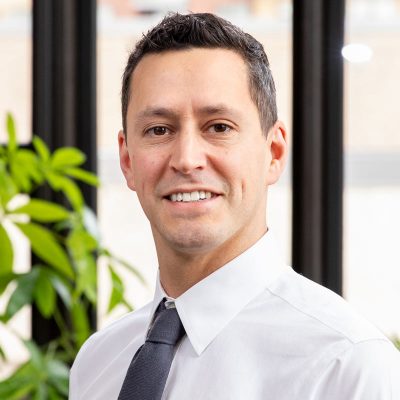Planetary Health is the study of the health of natural systems on which human civilization depends. This project is a partnership between UW-Madison Global Health Institute, Nelson Institute for Environmental Studies, and PLACE. Our goal is to build a network of educators and researchers in order to form an interdisciplinary agenda for changing how issues of Planetary Health are taught in schools.
According to recent educational research, the best way to catalyze high-impact changes in education systems is to build partnerships between content experts, education researchers, and veteran educators in developing research-based educational resources for classroom use.
Be the first to know when this program is scheduled to run—subscribe for updates below.
This is an accordion element with a series of buttons that open and close related content panels.
Subscribe for updates about Planetary Health
Read the Global Health Institute article: "Wisconsin teachers connect human and planetary health in new lessons for students"
Planetary Health Partnership
UW-Madison will host a teacher-researcher consortium with the goals of:
- Educating stakeholders about current research in the field of planetary health
- Creating new planetary health resources that are grounded in educational practice
- Building a network to analyze and consider ways the resources might be implemented for classroom use across the state of Wisconsin and the upper Midwest
We see an urgent need for collaboration among educators whose interest in social change and civic engagement informs their science, social studies, and math instruction.
This consortium will bring together a cross-disciplinary group of scholars with educators from rural, urban, and suburban communities in Wisconsin. We will recruit educators from a variety of science disciplines and across grade levels. Although we will deliberately recruit science and social studies teachers working in K-12 school settings, we will also invite participants from community-based and out-of-school learning organizations. Partnering with both in and out of school educators from the start acknowledges their critical role in the development of effective strategies and ensures that new educational tools and resources on planetary health will be useful, practical, student-centered, and standards-based.
This first-stage consortium will start a dynamic flow of ideas among education researchers, planetary health scientists, and educators.
In advance of the consortium, education researchers and planetary health scientists from UW-Madison will work together to sketch out rich case studies that focus on regionally specific impacts and solutions. At the consortium, discussions of these case studies will be interwoven with practice-oriented research frameworks and the innovative work of educators who are already teaching planetary health topics in their classrooms and community settings. Participants will then break into cross-sector teams to identify how research connects with their practice as well as unmet needs for curricular and pedagogical resources.
Following the consortium, UW-Madison will build on new connections to share the results of education-relevant planetary health research as well as accelerate the development and testing of new ideas in real-world educational contexts. These ideas will be shared at a larger, follow-up symposium, and the developed resources will then be shared across a growing network of interested educators in Wisconsin and (eventually) beyond.
There is a need, especially considering the urgency and research pace of environmental health, to make this a recurring group with new considerations as research develops over time.
Timeline:
-
- The group will convene online on June 23-24, 2020.
- Throughout the 2020-21 school year, the consortium will meet three times. We will implement classroom resources and revise based on assessment. Meetings will be held in the fall, winter, and spring.
- Participants will receive a $1000 stipend. Selected applicants will be notified by June 1, 2020.
Contact
If you have questions about Planetary Health, please email Yorel Lashley at lashley@wisc.edu.

